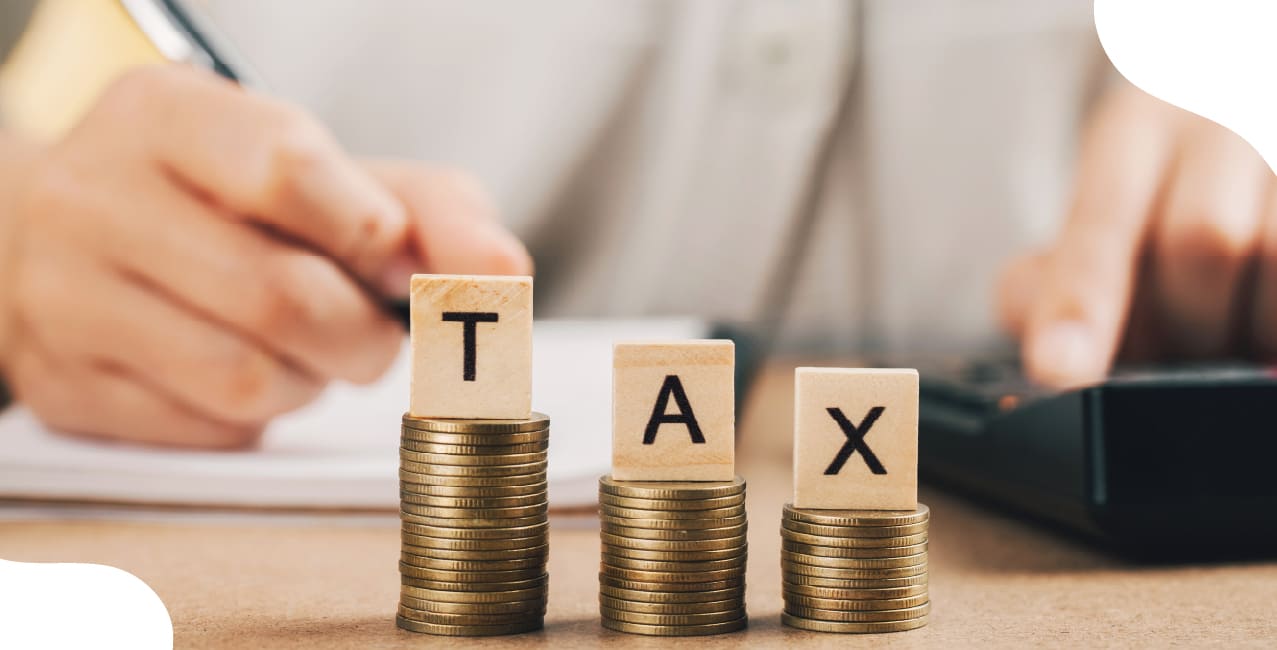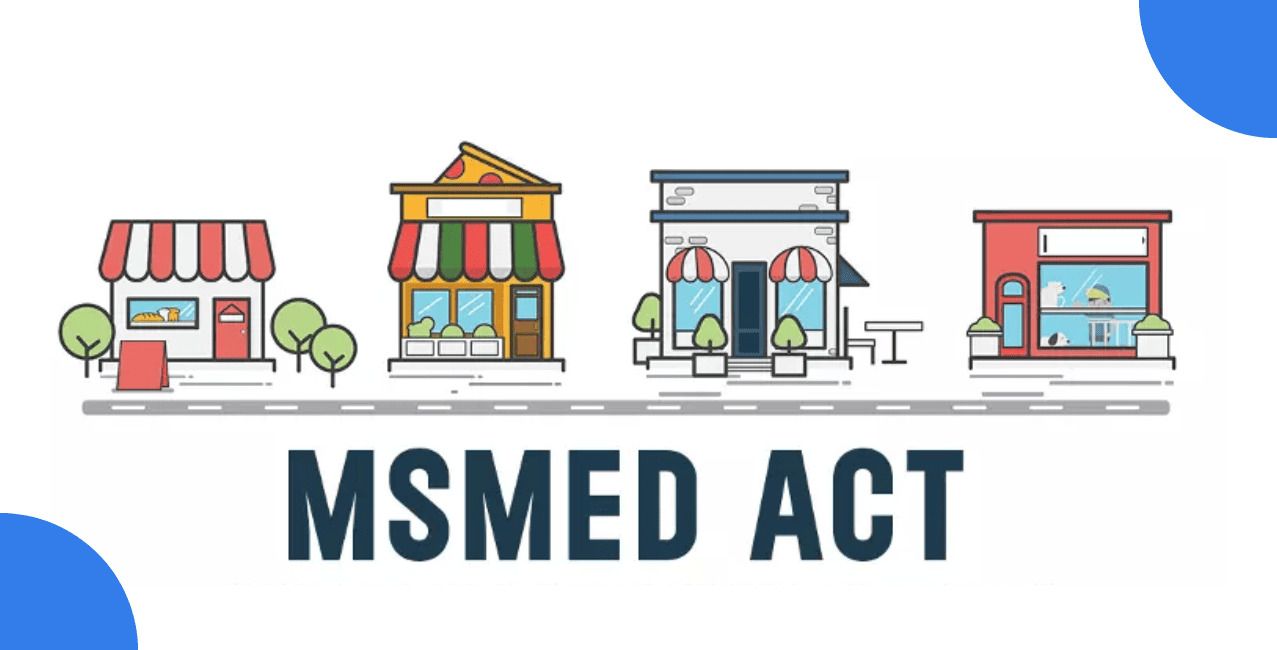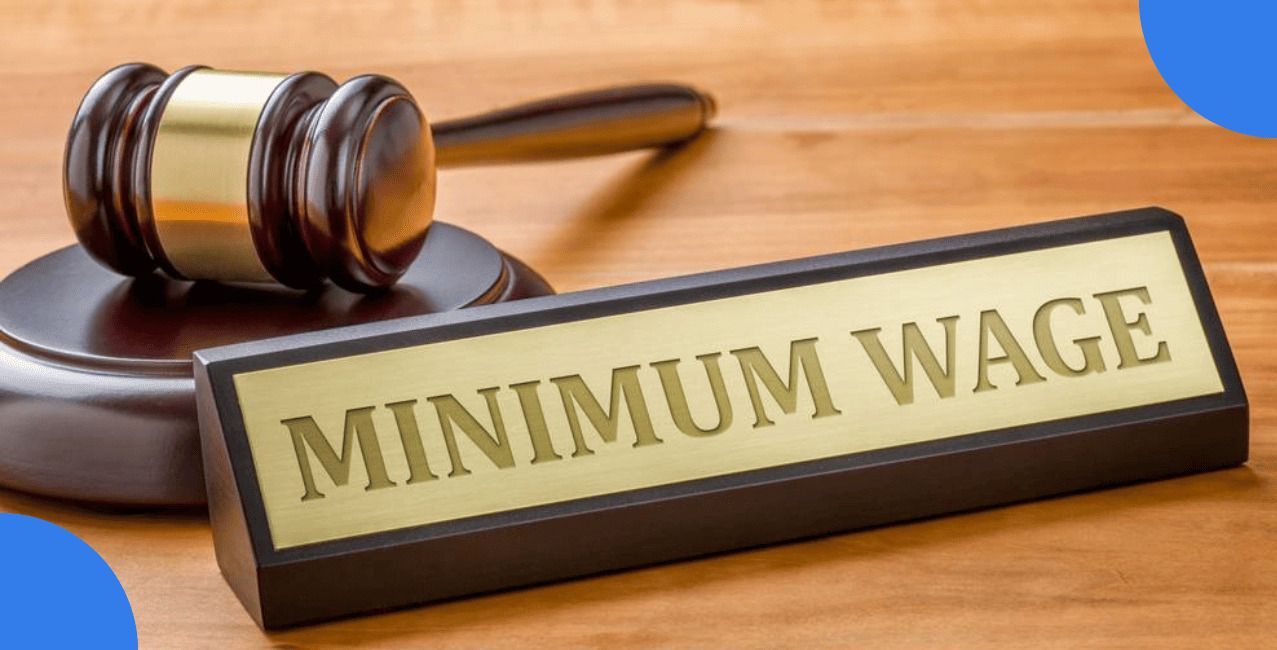Section 41 of the Income Tax Act: Complete Guide & Tax Implications

Check Your Loan Eligibility Now
By continuing, you agree to LoansJagat's Credit Report Terms of Use, Terms and Conditions, Privacy Policy, and authorize contact via Call, SMS, Email, or WhatsApp
Key Takeaways:
- Section 41 taxes recovered bad debts or waived trade payables as income, ensuring you don't get a permanent tax benefit for a temporary loss.
- It's all about the year when you get the money or when the creditor officially wipes away the debt. It applies to all businesses and professions.
- This rule helps keep taxes fair while concentrating on the everyday trading activities of your business.
The tax treatment of certain receipts, such as when a business benefits from a trading liability it is no longer required to pay, is covered in Section 41 of the Income Tax Act, 1961.
Example:
A businessman named Dev. He takes out a loan to boost his business, but then his lender decides to forgive part of that debt. Now, even though Dev doesn't have to pay it back, that forgiven amount counts as taxable income for him in that financial year. It’s a little twist in the rules that he’ll definitely want to keep in mind!
Table:
The following table summarises the key aspects of this provision to provide a clearer picture:
Section 41 is a basic anti-evasion rule that subjects some gains to taxation, as illustrated in the table.
In this blog, we're diving into the essentials of Section 41 of the Income Tax Act. Our next focus will be on the scope and coverage of this section, helping you grasp what it entails and how it might impact you. Let's break it down together!
Section 41 of the Income Tax Act: Scope and Coverage
Section 41 outlines the essential situations in which a company benefits from past expense deductions. If a business gets a tax break for a loss and later recoups that amount, it ensures they pay taxes on that recovery as income.
Example: 1
Akash, a garment trader, wrote off a ₹40,000 bad debt in the 2020-21 financial year as a tax deduction. In 2022-23, he received ₹15,000 from the client, but according to Section 41, this amount is now considered taxable business income. So, it’s great to recover some funds, but it’s essential to consider the tax implications.
Example: 2
Devam's manufacturing company had a debt of ₹1,00,000 to a supplier, which they had already categorised as an expense. However, the supplier agreed to settle the account for just ₹60,000, forgiving the remaining ₹40,000. This waived amount counts as income for Devam’s firm in the year it was forgiven.
Table:
The following table breaks down these two specific scenarios covered under this section:
Section 41 is like a fairness check for our tax system. It taxes recoveries or waivers to maintain balance. But it only applies to two specific cases related to trading liabilities.
- This is for businesses and professions.
- If you claimed an expense in the past,
- Any amount you recover or have forgiven will be taxed as business income.
- This tax applies when you receive the money or when it's written off.
The next topic is the Tax Implications of Section 41 of the Income Tax Act.
(Bonus Point: If a business is sold and the new owner collects on a bad debt or trade obligation, the money they recover won’t be taxed for the former owner.)
Tax Implications of Section 41 of the Income Tax Act
The tax implications of Section 41 are straightforward but crucial: it brings specific recovered amounts back into your taxable income. Essentially, if you got a tax benefit from writing off a loss, you must pay tax on it if you later recover that value.
Example:
Last year, Nitin, a restaurant owner, wrote off a ₹1,00,000 loan to a vendor as bad debt, lowering his taxable income. This year, the vendor repaid ₹30,000, which is considered taxable income.
Nitin must include this in his income for the year and pay taxes accordingly. It's a helpful reminder to track repayments, as they can affect your tax situation!
To fully grasp the implications, keep these key pointers in mind:
- Taxable Event: Not in the year you first claimed the deduction, but in the year you receive it, the recovered amount is added to your business income.
- No Double Taxation Worries: The law is intended to be equitable. The same income is not taxed twice because you are only taxed once on this recovery.
- Universal Application: This rule applies to all businesses, whether you're keeping detailed financial records or using a simplified method like Section 44AD. Knowing these key points can really clear up how taxation works!
Understanding these pointers helps demystify how the tax department views these unexpected recoveries. It's all about balancing the books from previous years.
Now you know Section 41 of the Income Tax Act. Let's wrap up with a conclusion.
(Bonus Point: If a new owner inherits a business, any money recovered from the previous owner's bad debts will not be taxed as income.)
Conclusion
By taxing windfall gains from recovered debts or forgiven liabilities, Section 41 essentially guarantees equity in the tax system. It serves as a reminder that if circumstances change, the benefit you received from a previous deduction may become taxable income.
Maintaining awareness of this rule is essential for business owners like Dev, Akash, and Nitin to prevent surprises and efficiently plan their taxes. You can handle your company's finances more confidently and legally if you understand Section 41.
FAQs
My supplier waived off a pending payment. Do I need to pay tax on that?
If you claimed a waived amount as an expense, it's a benefit to you. Under Section 41, this forgiven sum is treated as income and must be added to your profits in the year it was waived.
Does Section 41 apply to all types of debts and liabilities?
It applies to "trading liabilities" related to business operations and excludes capital asset liabilities. For instance, a waived loan for a factory building is a capital receipt and not covered under Section 41.
I am a professional (like a doctor or lawyer), not a trader. Does this section apply to me?
Yes, it does. Section 41 applies to all entities carrying on a business or profession. So, if you are a professional who had written off a client's fee as bad debt and later recovered it, that recovery is taxable under this section.
What if I am under the presumptive taxation scheme (like Section 44AD)?
The rule applies to you, too. If you recover a previously written-off debt, even if you declare income on a presumptive basis, it must be added to your total income and will be taxed in the year received.
I'm worried about being taxed twice on the same money. Is that possible?
The law prevents double taxation by taxing only the net benefit. You were taxed on the original amount after deducting expenses, and now you're taxed only on the recovery.
Other Related Pages | |||
About the author

LoansJagat Team
Contributor‘Simplify Finance for Everyone.’ This is the common goal of our team, as we try to explain any topic with relatable examples. From personal to business finance, managing EMIs to becoming debt-free, we do extensive research on each and every parameter, so you don’t have to. Scroll up and have a look at what 15+ years of experience in the BFSI sector looks like.
Subscribe Now
Related Blog Post

What is the Rate of Property Tax in Assam? – Updated Guide

Property Tax Bihar: Rates, Online Payment Process & Complete Guide

Property Tax Gujarat – Rates, Calculation, Payment Process & Complete Guide
Recent Blogs
All Topics
Contents
Quick Apply Loan
Consolidate your debts into one easy EMI.
Takes less than 2 minutes. No paperwork.
10 Lakhs+
Trusted Customers
2000 Cr+
Loans Disbursed
4.7/5
Google Reviews
20+
Banks & NBFCs Offers
Other services mentioned in this article
.png)




